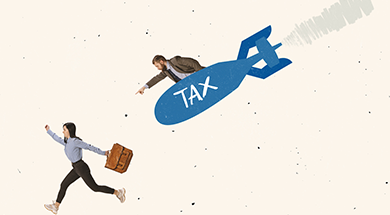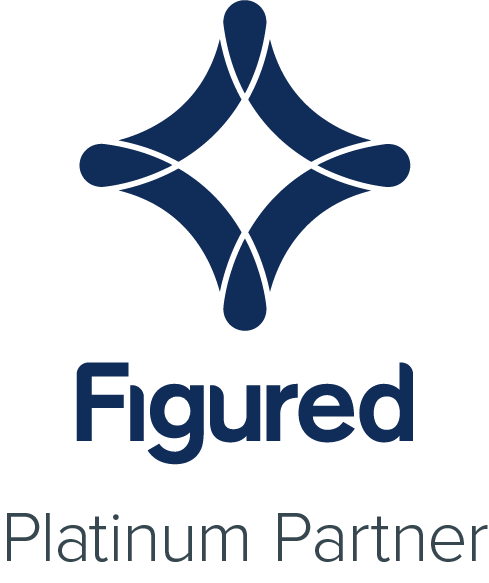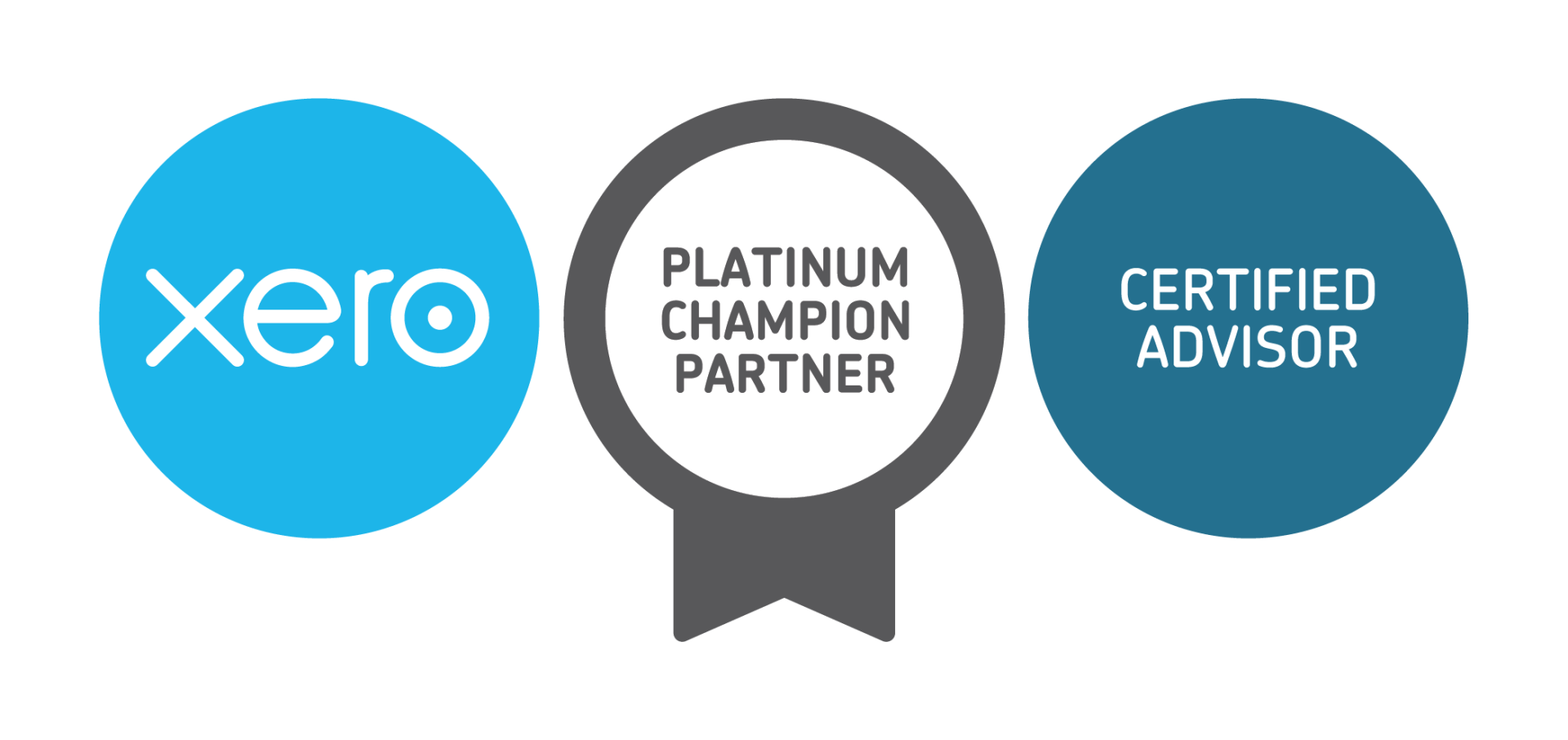Come 1 July 2019, it is likely that there will be higher interest rates, shorter loan terms and larger repayments being mandatory on all loans.
Existing loans will also not be exempt, with individuals being required to transition onto new agreements as early as 2021. While public consultation is still in progress and there is no real knowing what Government will decide, now is the time to start planning for how these amendments may affect you and your company to mitigate possible strain on cash flow before we reach the new financial year.
When you're a business owner, it's okay if the phrase "tax changes" makes you cringe, however it's important to be aware of what's to come to ensure compliance and guide future decisions. In October last year, the Federal Treasury released to the public a consultation paper which outlines major amendments to Division 7A.
Put frankly, the Government has reviewed the existing provisions for shareholders and plans to tighten the ship to ensure all parties maintain integrity. If you're concerned that these proposed amendments may affect you or your company, it's time to talk to your tax professional to mitigate the financial strain come 1 July 2019.
Who does this apply to?
Division 7A applies to shareholders with company loans or receiving payments or borrowing money from companies for reasons such as personal expenditure or to fund other financial investments.
As such, changes will apply to both existing and impending loans, putting individuals with substantial debt at risk of experiencing cash flow issues if they fail to comply within two-years' time.
While the planned grace period may lessen the burden slightly, borrowers should plan for how the new tax laws will affect them. Companies will be required to adhere to the new legislation from as early as mid this year, creating urgency around the issue. While nothing has been set in concrete, the discussion paper by the Australian Government indicates that changes are likely to be imposed in the new financial year.
What exactly is going to change?
 It is expected that there will be a series of tweaks to the rules for shareholders of companies obtaining loans, including how interest is calculated, repayment types, loan structure and the length of the loan.
It is expected that there will be a series of tweaks to the rules for shareholders of companies obtaining loans, including how interest is calculated, repayment types, loan structure and the length of the loan.
For example, rather than the current loan terms of 7 years unsecured or 25 years secured, there will be a flat 10-year term for all loans. The interest rate may also be increased from 5.30% to become 8.30%.
Both interest and principal must be repaid in equal instalments over the course of the 10-year period, no interest only options throughout the duration of the loan.
While all new loans taken out after 1 July 2019 would require these revised terms, there will also be an obligation for existing loans to transition to the new scheme. Existing 25-year loans would need to be re-signed in 2021 to 10-year terms, with pre-existing shorter-term agreements of 7 years not being allowed to be extended.
Consultation with the public is still occurring however with so much attention on Division 7A it is very likely that the Australian Government will proceed with changes in the new financial year.
It is timely to consider how these changes to legislation may impact you and consider your approach to navigate an alternative business landscape.
With potentially higher interest rates, reduced loan terms and principal repayments being required throughout the entire course of the loan, our advice is to plan now for how it may affect you come 1 July 2019.
Lighten the load by contacting your accountant to find out how these proposed amendments may affect you and devise a strategy to reduce the burden on your cash flow.
About the Author - Joel Thomas
About Murray Nankivell
At Murray Nankivell Accountants, we're focused on advising farmers and rural businesses so they can succeed financially and in all areas of their life and business.
If you would like additional advice about the New Division 7A Rules , taxation, superannuation, succession planning or similar taxation and accounting advice, please send me an email joelt@murraynankivell.com.au or call me on our Naracoorte office number (08) 8765 7777 .

LEGAL
Liability limited by a scheme approved under Professional Standards Legislation.
Investngro Pty Ltd ABN 53 113 102 695 trading as Murray Nankivell Financial Planning, is an authorised representative of Count Financial Limited ABN 19 001 974 625 holder of Australian financial services licence number 227232 (“Count”). Count is owned by Count Limited ABN 111 26 990 832 of GPO Box 1453, Sydney NSW 2001. Count Limited is listed on the Australian Stock Exchange. Any taxation and accounting services are provided by Murray Nankivell and are not within the authority Count. The information on this web site is not financial product advice and is provided for information only.








